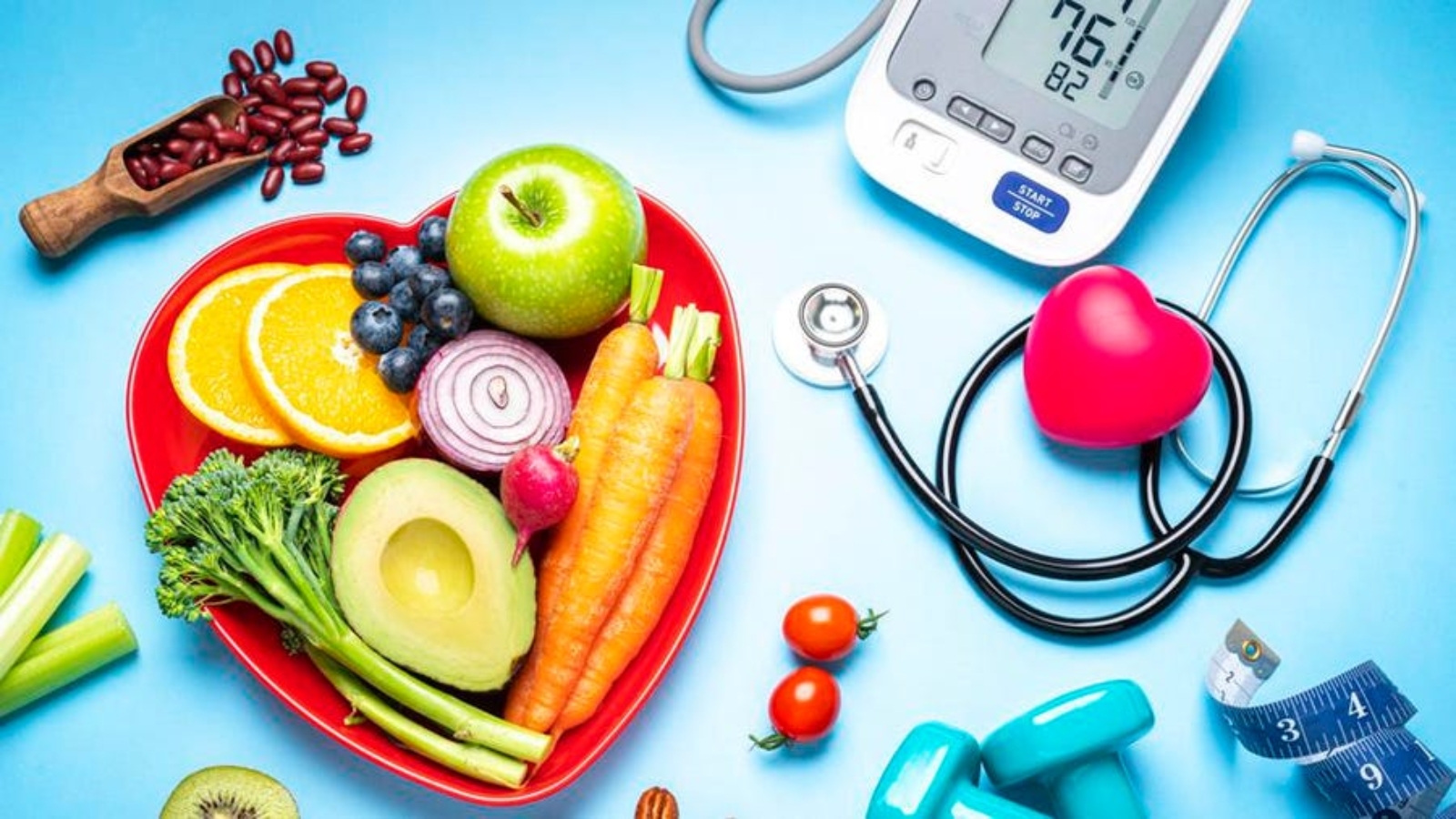Hypertension, or high blood pressure, is a common condition that affects millions of people around the world. It is a serious condition that can lead to heart disease, stroke, and other complications. Fortunately, there are several dietary approaches that can help prevent and manage hypertension. In this blog, we’ll explore some of the best dietary approaches to help you manage your blood pressure.
- DASH Diet: The DASH (Dietary Approaches to Stop Hypertension) diet is one of the most effective dietary approaches for managing hypertension. It is a plant-based diet that is rich in fruits, vegetables, whole grains, lean proteins, and low-fat dairy products. It also includes nuts, seeds, and legumes, which are excellent sources of protein and fiber. The DASH diet is low in sodium, saturated fats, and processed foods, which are known to raise blood pressure.
- Reduce Salt Intake: Reducing salt intake is one of the most important dietary changes you can make to manage hypertension. The American Heart Association recommends consuming less than 2,300 milligrams of sodium per day, and ideally less than 1,500 milligrams. This means limiting high-sodium foods such as processed foods, canned foods, and fast foods. Try using herbs and spices to add flavor to your food instead of salt.
- Increase Potassium Intake: Potassium is an essential mineral that helps regulate blood pressure. Increasing potassium intake can help offset the effects of sodium on blood pressure. Some of the best sources of potassium include fruits such as bananas, oranges, and avocados, and vegetables such as spinach, sweet potatoes, and tomatoes.
- Choose Healthy Fats: Not all fats are created equal. Choosing healthy fats such as those found in nuts, seeds, and avocados can help improve your cholesterol levels and reduce your risk of heart disease. It is important to limit unhealthy fats such as saturated and trans fats, which can raise your blood pressure and increase your risk of heart disease.
- Limit Alcohol Consumption: Excessive alcohol consumption can raise blood pressure and increase your risk of heart disease. The American Heart Association recommends limiting alcohol consumption to no more than one drink per day for women and two drinks per day for men.
- Include Magnesium-Rich Foods: Magnesium is another mineral that is important for regulating blood pressure. Some studies suggest that increasing magnesium intake can help lower blood pressure levels. Good sources of magnesium include leafy green vegetables, nuts, seeds, and whole grains.
- Focus on Whole Foods: Eating a diet rich in whole foods such as fruits, vegetables, whole grains, lean proteins, and healthy fats can help improve your overall health and manage your blood pressure. These foods are naturally low in sodium and unhealthy fats, making them an ideal choice for people with hypertension.
- Avoid Processed Foods: Processed foods are often high in sodium, unhealthy fats, and added sugars. These foods can raise your blood pressure levels and increase your risk of heart disease. Instead, focus on whole, minimally processed foods that are nutrient-dense and low in sodium.
In conclusion, a healthy diet is an essential part of managing hypertension. The DASH diet, reducing salt intake, increasing potassium intake, choosing healthy fats, and limiting alcohol consumption are all important dietary approaches to help prevent and manage hypertension. Remember to always consult your healthcare provider before making any significant dietary changes.
If you are looking for more detailed information and guidance on dietary approaches to prevent and manage hypertension, it is highly recommended to consult with a Internal Medicine Doctor such as Dr. Abhishek Karmalkar. He is a renowned and experienced cardiologist & Diabetician who specializes in the management and treatment of hypertension.
During a consultation with Dr. Abhishek Karmalkar, he will take a detailed medical history and perform a thorough physical examination to assess your current health status. He may also recommend additional diagnostic tests such as blood tests or electrocardiograms (ECG) to help evaluate your heart and overall health. Based on your individual needs and health status, Dr. Karmalkar may recommend specific dietary approaches to help manage your blood pressure levels. He may recommend a tailored diet plan based on your individual preferences and lifestyle, while ensuring that it meets your specific nutritional needs.

